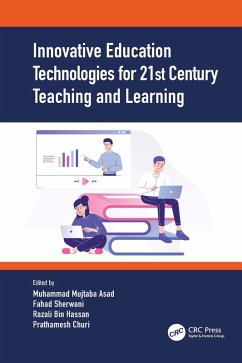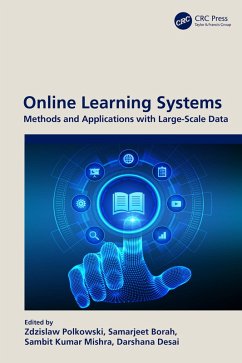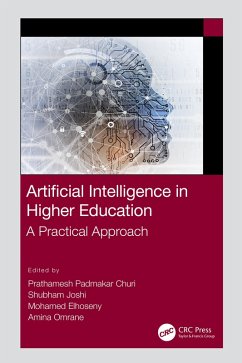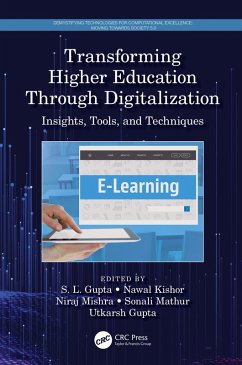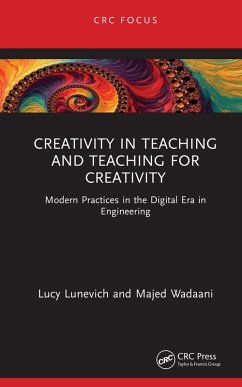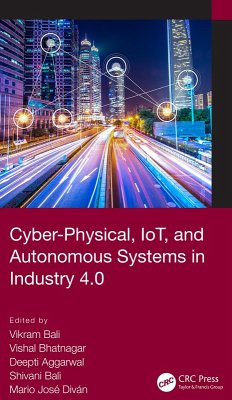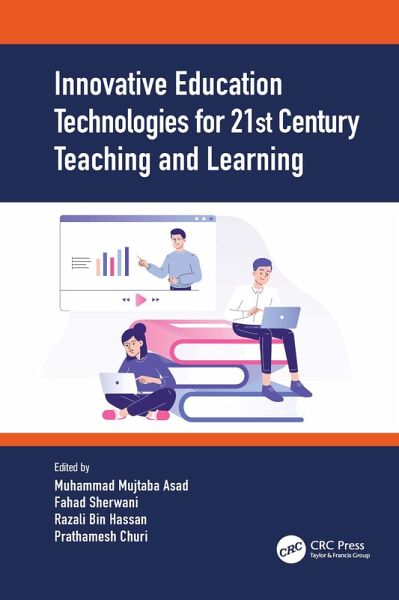
Innovative Education Technologies for 21st Century Teaching and Learning (eBook, PDF)
Versandkostenfrei!
Sofort per Download lieferbar
48,95 €
inkl. MwSt.
Weitere Ausgaben:

PAYBACK Punkte
24 °P sammeln!
This book highlights all aspects of innovative 21st-century education technologies and skills which can enhance the teaching and learning process on a broader spectrum, based on best practices around the globe.It offers case studies on real problems involving higher education, it includes policies that need to be adaptable to the new environments such as the role of accreditation, online learning, MOOCs, and mobile-based learning. The book covers all aspects of the digital competencies of teachers to fulfill the required needs of 21st-century classrooms and uses a new pedagogical approach suit...
This book highlights all aspects of innovative 21st-century education technologies and skills which can enhance the teaching and learning process on a broader spectrum, based on best practices around the globe.
It offers case studies on real problems involving higher education, it includes policies that need to be adaptable to the new environments such as the role of accreditation, online learning, MOOCs, and mobile-based learning. The book covers all aspects of the digital competencies of teachers to fulfill the required needs of 21st-century classrooms and uses a new pedagogical approach suitable for educational policies.
Innovative Education Technologies for 21st Teaching and Learning is the first book that addresses the teaching and learning challenges and how those challenges can be mitigated by technology which educational institutions are facing due to the COVID-19 pandemic. This book is suitable for teachers, students, instructional and course designers, policymakers, and anyone interested in 21st-century education.
It offers case studies on real problems involving higher education, it includes policies that need to be adaptable to the new environments such as the role of accreditation, online learning, MOOCs, and mobile-based learning. The book covers all aspects of the digital competencies of teachers to fulfill the required needs of 21st-century classrooms and uses a new pedagogical approach suitable for educational policies.
Innovative Education Technologies for 21st Teaching and Learning is the first book that addresses the teaching and learning challenges and how those challenges can be mitigated by technology which educational institutions are facing due to the COVID-19 pandemic. This book is suitable for teachers, students, instructional and course designers, policymakers, and anyone interested in 21st-century education.
Dieser Download kann aus rechtlichen Gründen nur mit Rechnungsadresse in A, B, BG, CY, CZ, D, DK, EW, E, FIN, F, GR, HR, H, IRL, I, LT, L, LR, M, NL, PL, P, R, S, SLO, SK ausgeliefert werden.




